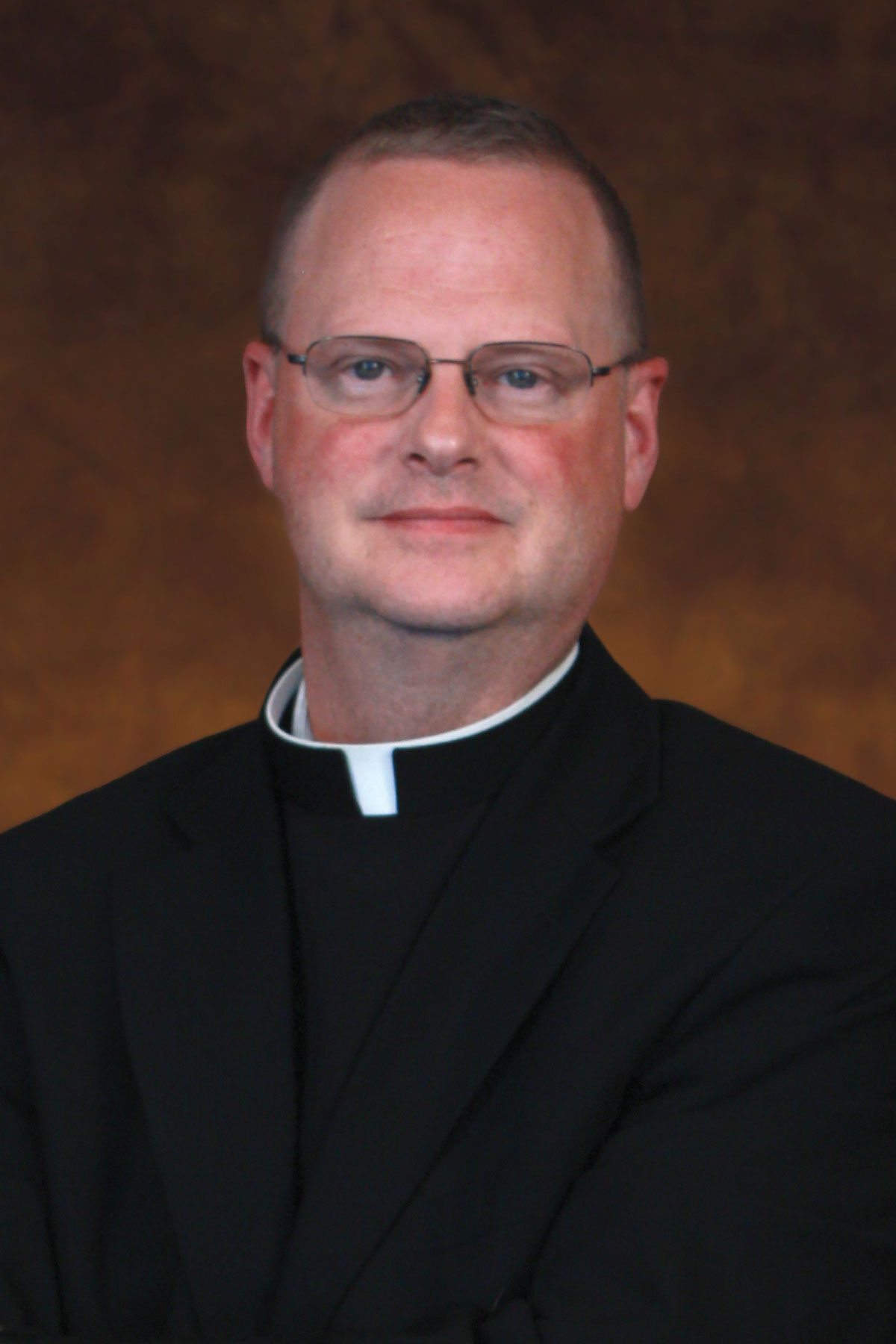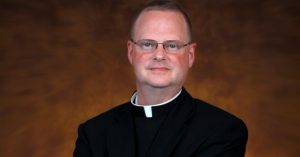
These past months I have been reflecting on the five regrets often felt by those who are dying as they have been identified by hospice nurses.
The first regret is: “I wish I had let myself be happier.”
The second is: “I wish I had stayed in touch with my friends.”
The third is: “I wish I’d had the courage to express my feelings.”
The fourth is: “I wish I hadn’t worked so hard.”
Now, to be honest, when I first began reading the list of regrets expressed by those who are dying, this is the one I expected to read.
Something tells me that you expected it as well.
I don’t think I’ve ever met an adult who hasn’t thought this, and already known this. We tell ourselves all the time that we are going to do a better job at prioritizing our lives, and make more time for family and friends and what “really matters,” but then we go back to the way things were.
I do it, and I’m sure you do as well.
Lately I have been asking myself, “why?” Why do we know this, but still have such a hard time living what we believe? I have been thinking a great deal about the tyranny of “busy-ness.” Being busy has become for many people a way to project to the world that we have value and worth, that we are important.
Many years ago, as I was spending the last days preparing for ordination to the priesthood, my classmates and I were given some advice from Bishop Paul Dudley, advice he would often share with the priests of the diocese.
He asked us to stop talking about how busy we are, reminding us that telling others we are busy was a simple way of telling them that we just didn’t have time for them, or an attempt to make them feel sorry for us. Either way, he taught us, it was not the way a priest is supposed to present himself.
I remember thinking it was good advice, and I am amazed today how little I use it. Every so often I catch myself saying the words and try to stop myself. Then I wonder what sort of emotional satisfaction I was looking for at that moment.
It is a humbling thought.
The tyranny of busy-ness leads us to believe that if we are not busy, overbooked and running from one place to the next, the next scheduled event, then we are not being who we are supposed to be. There is some emotional need being met in our endless running from one event to the next. But we lose ourselves in the running.
If we do not take time to stop, then we will never discover the self-awareness we need to be who we are called to be. If we do not take the time to pause and be renewed, then we will burn out, and every event, every encounter becomes a chore and a drudgery. If we do not occasionally step back from the burdens of life, then we will lose the glorious, subtle moments that fill our days and fill our hearts with meaning.
We are only in this world a brief amount of time, and when we forget that, when we begin to think that our lives are about the work to be done, the money to be made, that the endless schedule is what makes us valuable, then we have lost our way.
Years ago, I was bringing Holy Communion to an elderly man who began to bemoan the fact that he no longer did anything useful, had no work to do, and, in his mind, had no value or benefit to the world around him.
I reminded him that he is a prophet, a prophet who goes for walks and enjoys the changing leaves and the warm breeze. A prophet who can sit with a cup of coffee in the morning and simply enjoy the sunrise, a prophet who has the time to write a letter, make a phone call, attend the funeral. I told him he is a prophet challenging the rest of us to live life better, and not to just rush and work and miss out on what matters.
He was not comforted, and I really didn’t think he would be; but I believed it, and I still do.
We are not promised a tomorrow, we are not guaranteed long and secure years after we retire to enjoy family and friends and life. We have today to do that, if we remember what matters.
So we allow those who voice the regrets of the dying remind us what matters, and to live in prophetic union with the One who still says, “Come to me, all you who labor and are burdened, and I will give you rest. Take my yoke upon you and learn from me, for I am meek and humble of heart; and you will find rest for yourselves. For my yoke is easy, and my burden light.” (Matthew 11:28-30)

